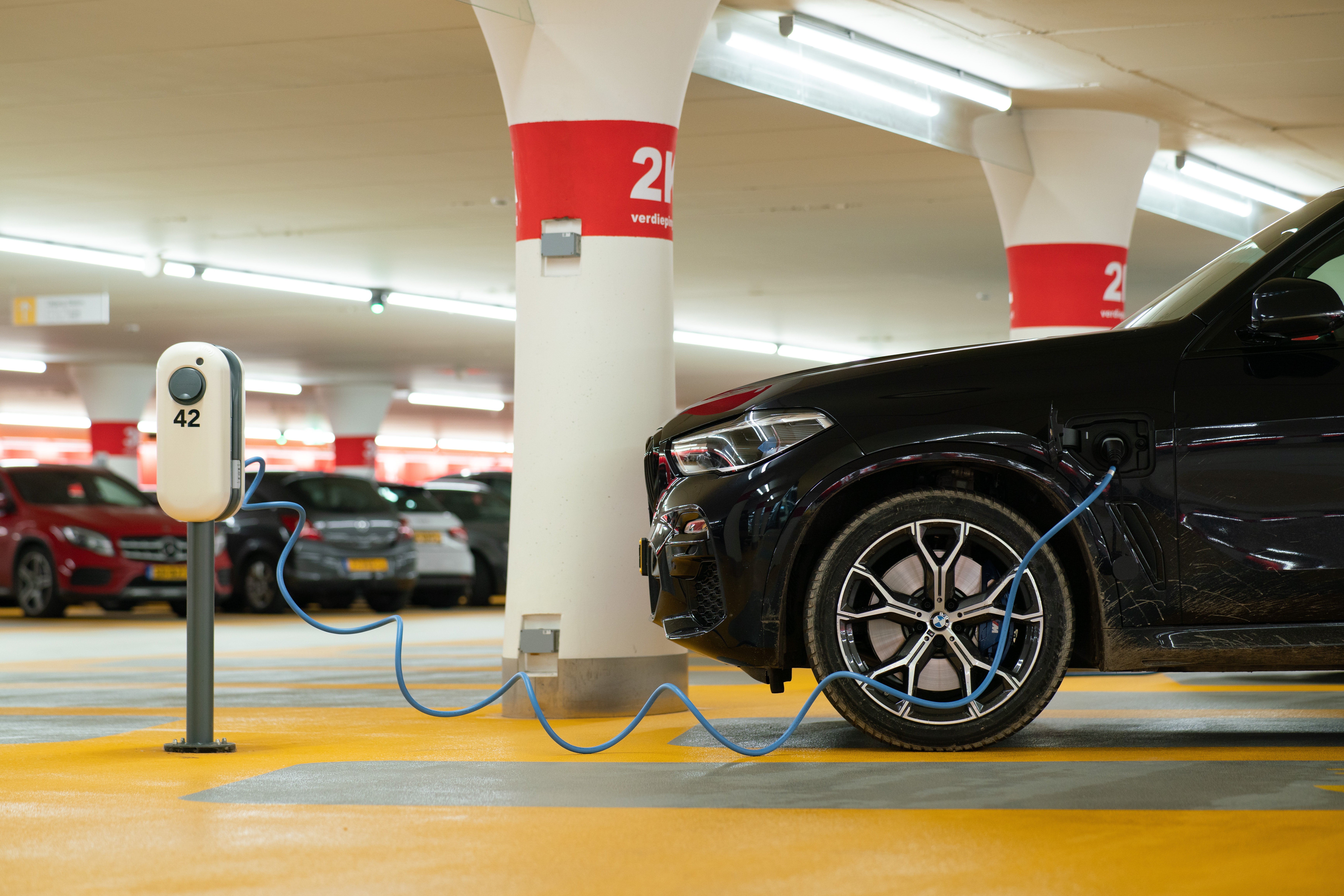The race to establish clean alternatives to petrol and diesel is well and truly on, driven by international pressure to cut greenhouse emissions combined with long-standing concerns over security of oil and gas supply.
Fuels such as bioethanol and biodiesel have yet to convince on green credentials and have caused economic, social and environmental problems such as diverting land from food crops to fuel production.
Vehicle manufacturers like Honda, GM and Hyundai, and some energy companies, are investing heavily in hydrogen. But producing this, the most plentiful element in the universe, is costly and can be fuel-intensive, while storage and transport remain problematic.
Meanwhile, electric vehicles become ever more popular, first with the advent of hybrids such as the Prius, then spurred by Tesla, the auto innovator that made electric-only cars that not only looked great but also performed well. Demand for electric cars is likely to keep rising due to the ban on sales of new conventional diesel and petrol cars from 2040 to improve air quality.
But electric vehicles are not that green producing the electricity to power them uses a lot of energy; and they take time to charge. However, wind and solar are getting much better at producing electricity, and disruptive firms are making big strides in the storing and channeling of power to maximise efficiency.
That said, it still takes 30 minutes or more to recharge your Tesla or Nissan Leaf, a good deal longer than it takes to fill your petrol tank at the roadside services. Surely this presents well-sited retailers with an opportunity?
Green vehicles and how to serve their occupants have prompted strategic thinking at The House of Bruar, the retail phenomenon on the A9 near Pitlochry that attracts two million visitors a year, the big majority arriving by car.
A growing number are electric, says Patrick Birkbeck, whose father Mark and mother Linda established the business, billed as the home of Scottish country clothing' though selling much more, in 1993. He's committed to installing an electric vehicle charging area and is deciding the best way to go about it.
We are researching the potential and need to understand the market fully in order to serve our customers. Because recharging is new and different, it's important we find the right people to listen to and to partner with. The biggest problem will be ensuring we have access to the power required.
Asked if recharging creates a captive market due to the extra time involved he doubts that would happened explaining if people plan to charge a vehicle while travelling, they will want a rapid charge.
Mr Birkbeck said based on the volume of traffic House of Bruar caters for, he may need 100 charging points.
We are not being opportunists and taking advantage of this market I don't see it that way it's an opportunity to offer excellent service to the customers who come here. The requirement will be to offer a service that matches the quality of our fish and chips, our cashmere and all our other products. If we invest in selling a service, it's got to be the best it can be.
Roadside selling has served House of Bruar well and a business that started on the site of a small hotel is now four times the size it was 25 years ago.

